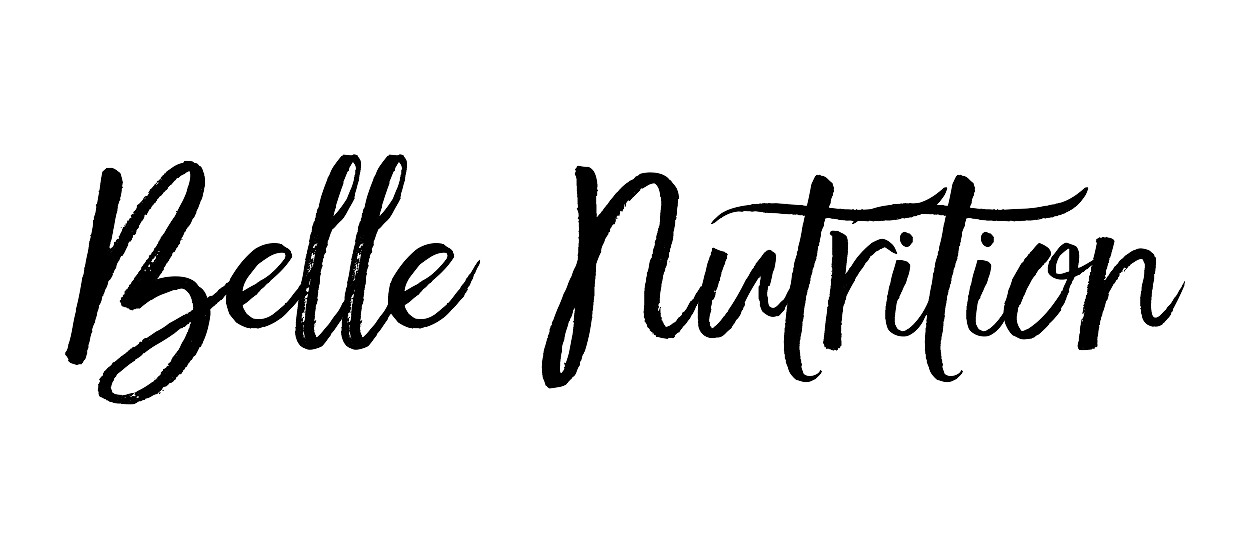Whilst researching super-foods this week for a lengthy lecture at CNM I see that red wine does not feature on the slides. It is too controversial a topic for sure for generic super-food training.
Advising that red wine could act as a protective dietary factor for one person could be beneficial however, for another it is a green light to get sloshed on a daily basis. There are so many great anti-oxidant alternatives to wine – do we really need it?
So let us look as some researched facts. It is suggested that the consumption of red wine can act as a disease preventative. The antioxidant content may help prevent heart disease by increasing levels of ‘good" cholesterol’, protecting against artery damage and also some types of cancer.
However alcohol can also contribute to the progression of cancer, according to research published in Advances in Experimental Medicine and Biology.
This double-edged sword is due to the combination of alcohol and resveratrol. Although alcohol has been implicated in the occurrence of certain cancers, an article published in the November issue of the Journal Advances in Experimental Medicine and Biology shows that the chemical resveratrol found in grape skins and in red wine may prevent this disease as well.
Additionally some research shows that resveratrol could be linked to a reduced risk of inflammation and blood clotting, both of which can lead to heart disease.
As with many health reviews this can leave us feeling rather confused. So can we drink wine for its anti-oxidant benefits or not. As with everything, we need to do two things; firstly, exercise moderation and secondly pay attention to ourselves as individuals.
A small glass of red wine per day is considered to be acceptable for non-pregnant adults without a drink problem.
But we need to be honest with ourselves. If being moderate is a breeze for you then all good. But if uncorking that bottle is going to be tricky then invest in a form of resveratrol which does not have an addictive element. Drinking too much alcohol increases your risk of high blood pressure, high triglycerides, liver damage, obesity, certain types of cancer and other problems. Whereas the moderate use of cranberry or grape juice, still high in anti-oxidants, offer a safer bet (unless you are a diabetic, this requires another blog post entirely).
The main message may not be what you were hoping to hear! – Red wine appears to have protective properties when used in moderation (1 glass per day), Mediterranean style. This daily but minor dose may be the key as resveratrol's effects only last a short time after drinking red wine, so small amounts and often.
However, stick to non-addictive super-foods if moderation is not for you. More super-food posts to come, including my recipe on Super-food Pesto.

